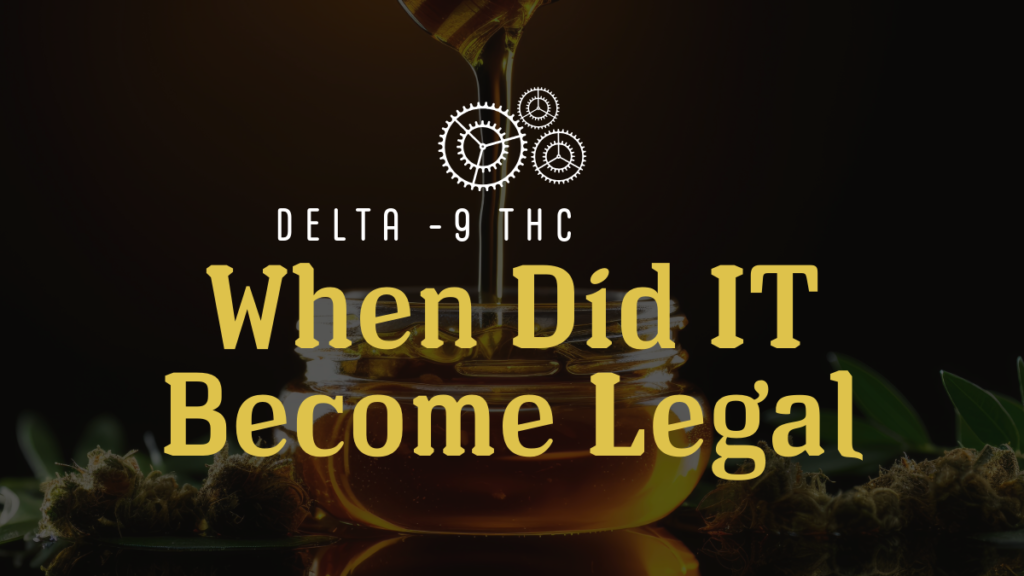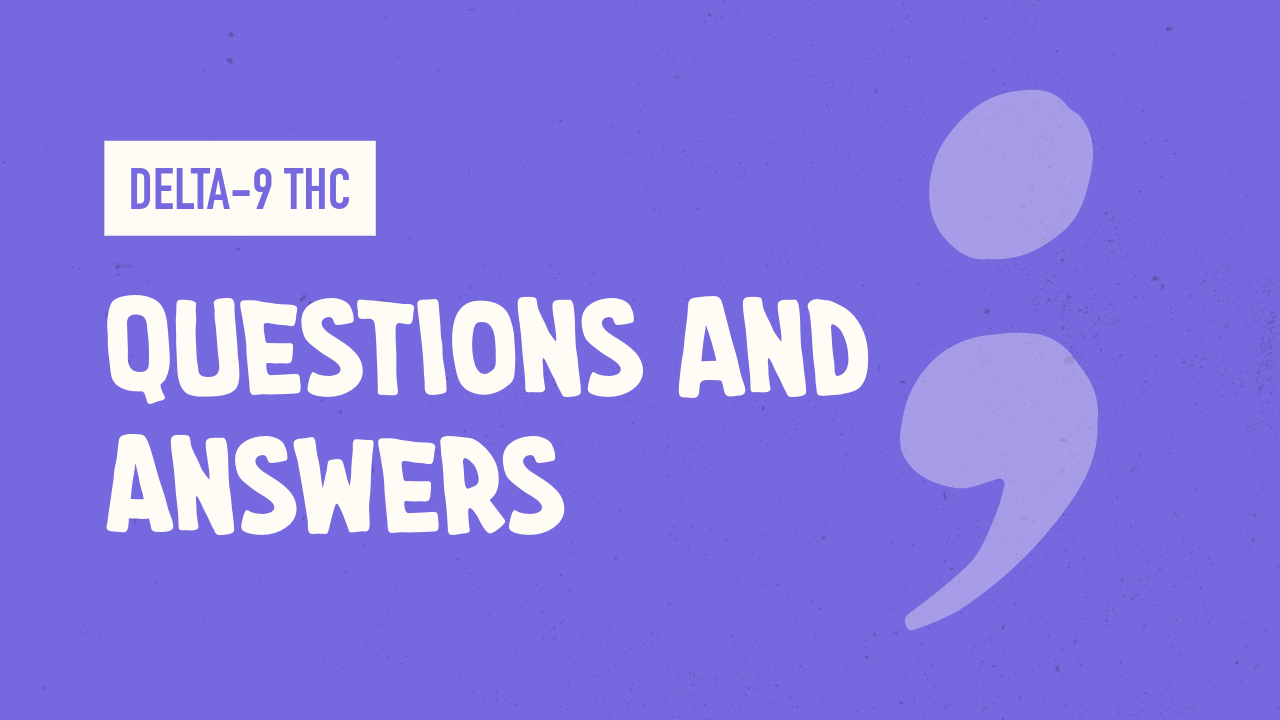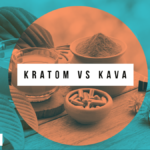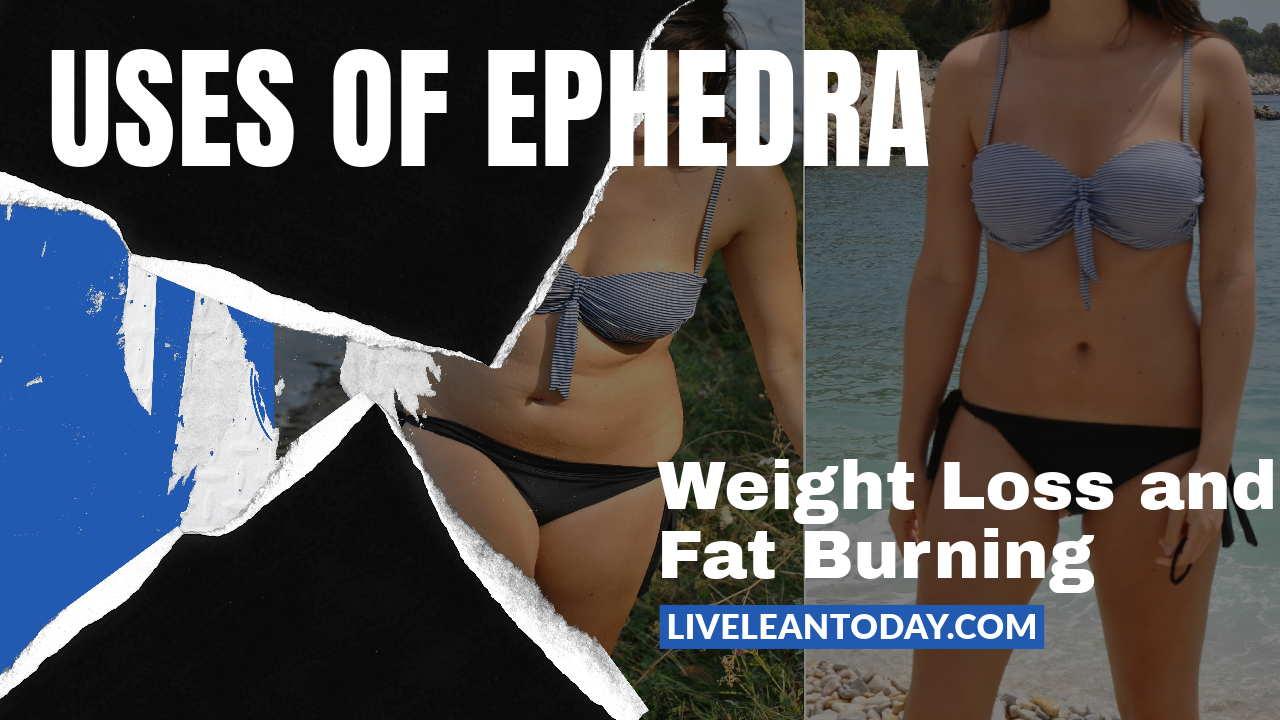The legalization of Delta 9 THC, a psychoactive component found in cannabis plants, has sparked considerable debate following the 2018 Farm Bill. This legislation not only distinguished hemp from marijuana based on THC content but also inadvertently paved the way for hemp-derived delta-9 tetrahydrocannabinol (Delta-9 THC) products to circumvent existing cannabis regulations, raising questions about when did Delta 9 become legal. The key difference lies in the THC concentration; hemp is defined as containing no more than 0.3% delta-9 THC on a dry-weight basis, unlike marijuana, which boasts a higher THC level. The absence of comprehensive oversight for hemp-derived Delta-9 THC, unfortunately, introduces challenges in ensuring these products don’t easily fall into the hands of minors compared to their marijuana counterparts.
Navigating the evolving landscape of Delta 9 THC’s legality requires understanding its federal classification and the nuances of state versus federal law. Under federal law, Delta 9 THC is considered a Schedule I drug, though hemp-derived Delta 9, containing less than 0.3% Delta 9 THC, is permissible. This has led to a varied legal landscape where the product’s legality hinges on its derivation and THC content. The Farm Bill’s implications extend beyond just legalities; they also underscore the importance of third-party testing and accurate labeling for the safety and quality of Delta 9 products. As stakeholders from different sectors push for clearer regulations and restrictions, the conversation around Delta 9 THC’s place in society continues to evolve, touching on aspects of its safety, medical applications, and consumption methods.

Historical Context and Legal Definitions
- The Legislative Shift:
- The Farm Bill 2018: Marked a significant turning point by removing hemp and hemp-derived products from the “marihuana” classification under the Controlled Substances Act (CSA), effectively differentiating between hemp and marijuana based on delta-9 THC concentration.
- Definition of Hemp: Defined by the Farm Bill as the Cannabis sativa L. plant and any part of the plant (including seeds and all derivatives) with a delta-9 THC concentration of not more than 0.3 percent on a dry weight basis.
- Exclusion from Marijuana Extract Definition: Following the Farm Bill, the DEA modified the regulatory definition of marijuana extract to exclude materials that fall within the new legal definition of hemp, further clarifying the legal status of hemp-derived substances.
- Delta-9 THC and Legal Nuances:
- Psychoactive Component: Delta-9 THC is recognized for its psychoactive properties, distinguishing marijuana from hemp based on THC levels.
- Federal Legality of Hemp-Derived Delta-9 THC: The sale of hemp-derived delta-9 THC products is allowed under federal law, leading to potential market disruptions and calls for stricter regulations.
- Calls for Regulation: Various stakeholders, including the Hemp Roundtable and NORML, have advocated for federal legislation to regulate the sale of intoxicating hemp products and ensure consumer safety.
- State Responses and Consumer Implications:
- State Legislation on Delta-8: Reflecting concerns over intoxicating hemp derivatives, at least a dozen states have enacted laws specifically addressing the sale of delta-8 THC, another hemp-derived substance.
- Variability in Legal Status: The legal status of delta-8 and delta-9 THC products varies by state, indicating a complex regulatory landscape that consumers and businesses must navigate.
- FDA Regulation and Safety Concerns: Despite the legalization of hemp-derived products, the FDA has yet to establish regulations, prompting calls from industry groups for oversight to ensure product safety and consistency.
Delta-9 THC in Hemp: Understanding the Legality
- Understanding the Legal Framework of Hemp-Derived Delta-9 THC:
- The 2018 Farm Bill marked a pivotal shift in the legal landscape for hemp and its derivatives, including Delta-9 THC, by removing them from the Controlled Substances Act (CSA) as long as they contain no more than 0.3% Delta-9 THC by dry weight and are derived from hemp. This legislation inadvertently created a loophole, leading to an unregulated marketplace of intoxicating hemp-derived cannabinoid products, including Delta-9 THC.
- The Farm Bill also granted states the authority to regulate hemp and its products within their borders, resulting in a patchwork of state laws with varying legal statuses for hemp-derived Delta-9 THC products. Currently, these products are legal in 42 states, Puerto Rico, and Washington, D.C., with specific regulations or requirements for production, testing, labeling, or sale in some states.
- Market Impact and Consumer Safety:
- The burgeoning market for hemp-derived THC beverages and other products, estimated to be a $28.4 billion market, has seen companies like Pharos Brands entering the scene, highlighting the commercial potential of low-dose hemp-derived Delta-9 THC products. In states like Minnesota, low-dose hemp products, including beverages, have been legalized, taking center stage in the context of Delta-9 THC legalization.
- However, a study analyzing 53 delta-9 THC products found that while 96.2% of them had delta-9 THC levels below the legal limit, 66.0% differed from the labeled amount by more than 10%, and 49% used delta-9 THC converted from cannabidiol (CBD) through cyclization. These findings underscore the need for stringent quality control, accurate labeling, and age verification at checkout, as only 15.1% of the products performed such verification.
- Legal and Health Considerations:
- Despite the legal allowances under the Farm Bill, the legality of Delta-9 THC in hemp remains a topic of debate, especially concerning synthetically-derived THC, which some argue is not legally protected by the Farm Bill. Delta-9 THC, known for its health properties and ability to induce a ‘high’ sensation, acts at the cannabinoid CB1 and CB2 receptors, producing a range of biological and behavioral responses.
- Consumers are advised to exercise caution regarding the quality and safety of Delta-9 THC products, ensuring they are made from naturally grown hemp, extracted using CO2, and tested by third-party laboratories for potency, purity, and safety. This vigilance is crucial not only for consumer safety but also for maintaining the integrity of the hemp-derived cannabinoid market.
State vs. Federal Perspectives on Delta-9 THC
- Divergence in State Regulations:
- States have adopted varied approaches to the regulation of intoxicating hemp-derived cannabinoids, with some lacking comprehensive testing and labeling requirements. This inconsistency presents challenges for consumers trying to navigate the legal landscape of Delta-9 THC and related products.
- For example, Delta 8 THC’s legal status varies significantly across states. It is legal in states such as Alabama, Arizona, Arkansas, while illegal in states like Alaska, Colorado, Delaware, highlighting the patchwork of regulations that govern its sale and consumption.
- Federal vs. State Legal Perspectives:
- Federally, Delta-9 THC remains illegal, classified as a Schedule I drug. However, its legality at the state level is determined by individual state laws concerning recreational or medicinal marijuana use.
- As of June 1, 2023, Minnesota joined the list of states legalizing marijuana for recreational use, further illustrating the evolving stance on cannabis and its derivatives at the state level.
- The disparity between federal illegality and state-level legalization or decriminalization efforts bypasses traditional FDA testing and regulatory processes, raising questions about the safety and regulation of cannabis products.
- Public Health and Legal Modernization:
- There is a call for modernizing the 2023 Farm Bill to regulate all intoxicating cannabinoids, irrespective of their plant source. This would strike a balance between supporting free enterprise and ensuring public health safety by establishing uniform regulations across the board.
- The confusion among Delta-9 THC consumers regarding the precise legalities of marijuana and THC products underscores the need for clearer, more accessible information on state and federal laws.
- The legal landscape for Delta 9 THC and its derivatives like Delta 8 THC demonstrates a complex interplay between state autonomy, federal oversight, and the need for comprehensive regulatory frameworks to address safety, labeling, and consumer protection concerns.
Implications for Consumers and Businesses
- Public Health and Safety Risks:
- Lack of regulation and quality assurance poses significant risks to public health and safety, with products being accessible without proper age verification or warning labels.
- A substantial percentage of hemp-derived Delta-9 THC products do not align with their stated dosages, and a majority do not undergo testing for impurities, which could lead to exposure to harmful substances.
- The FDA has recognized these risks and has urged Congress to take action to ensure consumer safety and product reliability.
- Consumer Considerations and Legal Uncertainties:
- With only 15.1% of companies performing age verification at checkout, there is a heightened concern about minors accessing these products.
- The potential medical benefits of Delta-9 THC, such as pain relief and treatment of chemotherapy-induced nausea, are counterbalanced by risks including substance use disorder and memory loss, highlighting the need for cautious use and consultation with healthcare professionals.
- The upcoming Farm Bill presents an opportunity to address these issues, but its passage and specific contents remain uncertain, leaving businesses and consumers in a state of limbo regarding future regulations.
- Business Implications and Market Dynamics:
- The unregulated market for hemp-derived Delta-9 THC products, estimated to be sold by around 120 brands, raises concerns about product safety and the potential for minors to access these products.
- Critics and industry groups, including NORML and the Hemp Roundtable, advocate for stricter regulations to ensure product safety, accurate labeling, and to limit THC content in finished products to protect consumers and ensure public health.
- Entrepreneurs like Grigaitis see a legal pathway for selling hemp-derived Delta-9 THC products beyond dispensaries, which could broaden market opportunities but also underscores the need for clear, comprehensive regulations to safeguard consumers and ensure fair market practices.
Conclusion
Through the exploration of Delta 9 THC’s transition from illicit to legal, we have journeyed across a legal landscape transformed by the 2018 Farm Bill, which redefined hemp and its derivatives, creating a burgeoning market faced with regulatory challenges. The bill’s aftermath has highlighted the critical need for stringent quality controls, accurate labeling, and enhanced consumer safety protocols to navigate the complexity of federal and state regulations effectively. The implications extend beyond legality, touching on public health concerns and the potential for innovation within the cannabis industry, underscoring the importance of third-party testing and the responsibility of businesses to ensure the safety and reliability of their products.
As we stand at the crossroads of evolving cannabis legislation, the future beckons with possibilities for further research, development, and regulatory clarity. The dialogue around Delta 9 THC, its legality, and its role in society remains a dynamic narrative, driven by stakeholders’ combined efforts towards establishing a secure, regulated market. The anticipated updates to the Farm Bill and continued advocacy for consumer safety highlight a collective movement towards embracing the benefits of hemp-derived cannabinoids while safeguarding the community against potential risks. This journey underscores a broader call for balance — balancing the boon of legalization with the responsibility of ensuring public health and safety in the burgeoning Delta 9 market.
References
Consumers and Businesses Need Better Regulation of Cannabinoids (CORRECT) https://news.bloomberglaw.com/us-law-week/consumers-and-businesses-need-better-regulation-of-cannabinoids
Johnson, L., Malone, M., Paulson, E. et al. Potency and safety analysis of hemp delta-9 products: the hemp vs. cannabis demarcation problem. J Cannabis Res 5, 29 (2023). https://doi.org/10.1186/s42238-023-00197-6
Paradoxical Legality of Delta-8 and Dleta-9 https://www.law.com/njlawjournal/2023/07/19/the-paradoxical-legality-of-delta-8-and-delta-9-thc/






